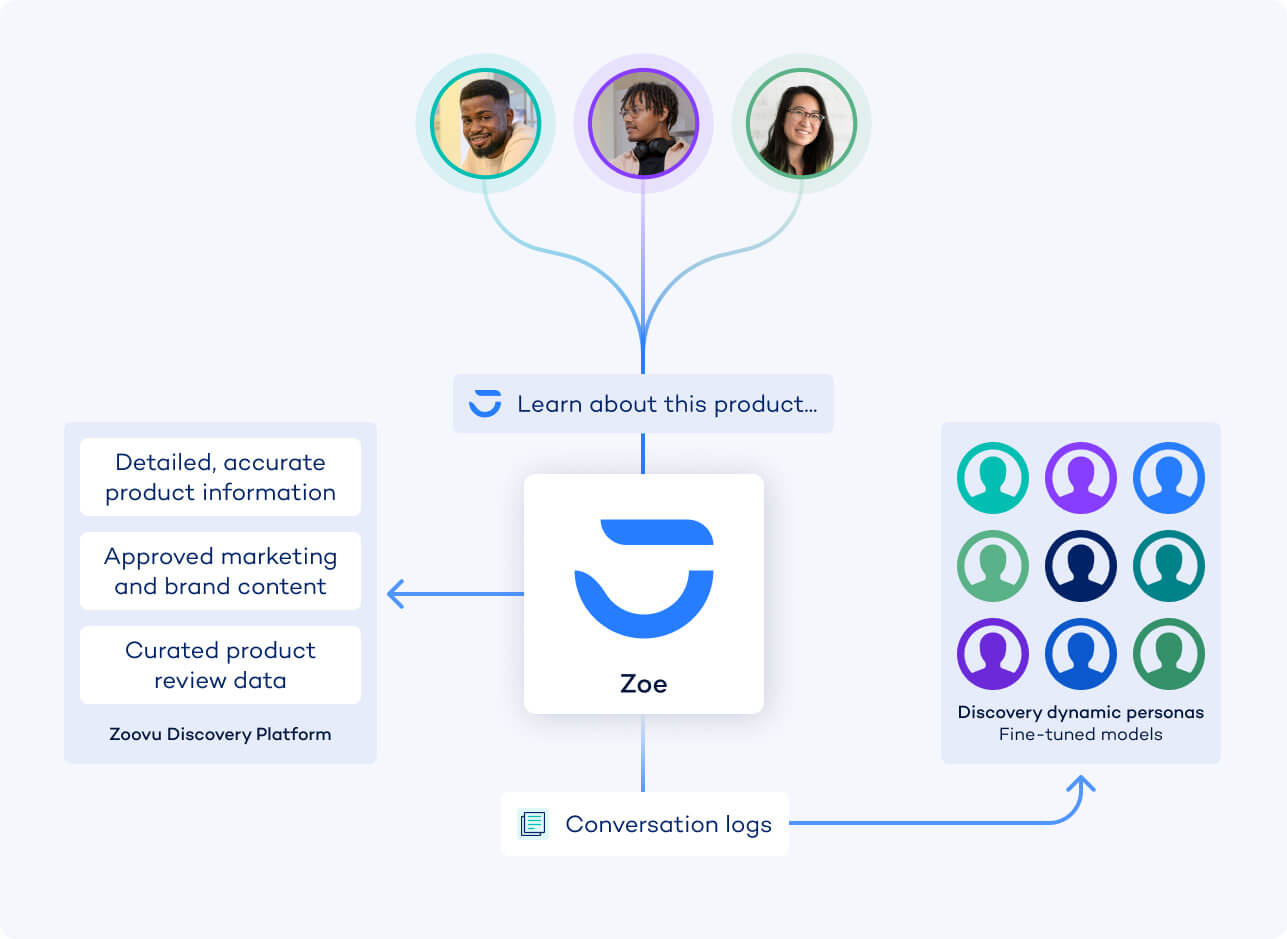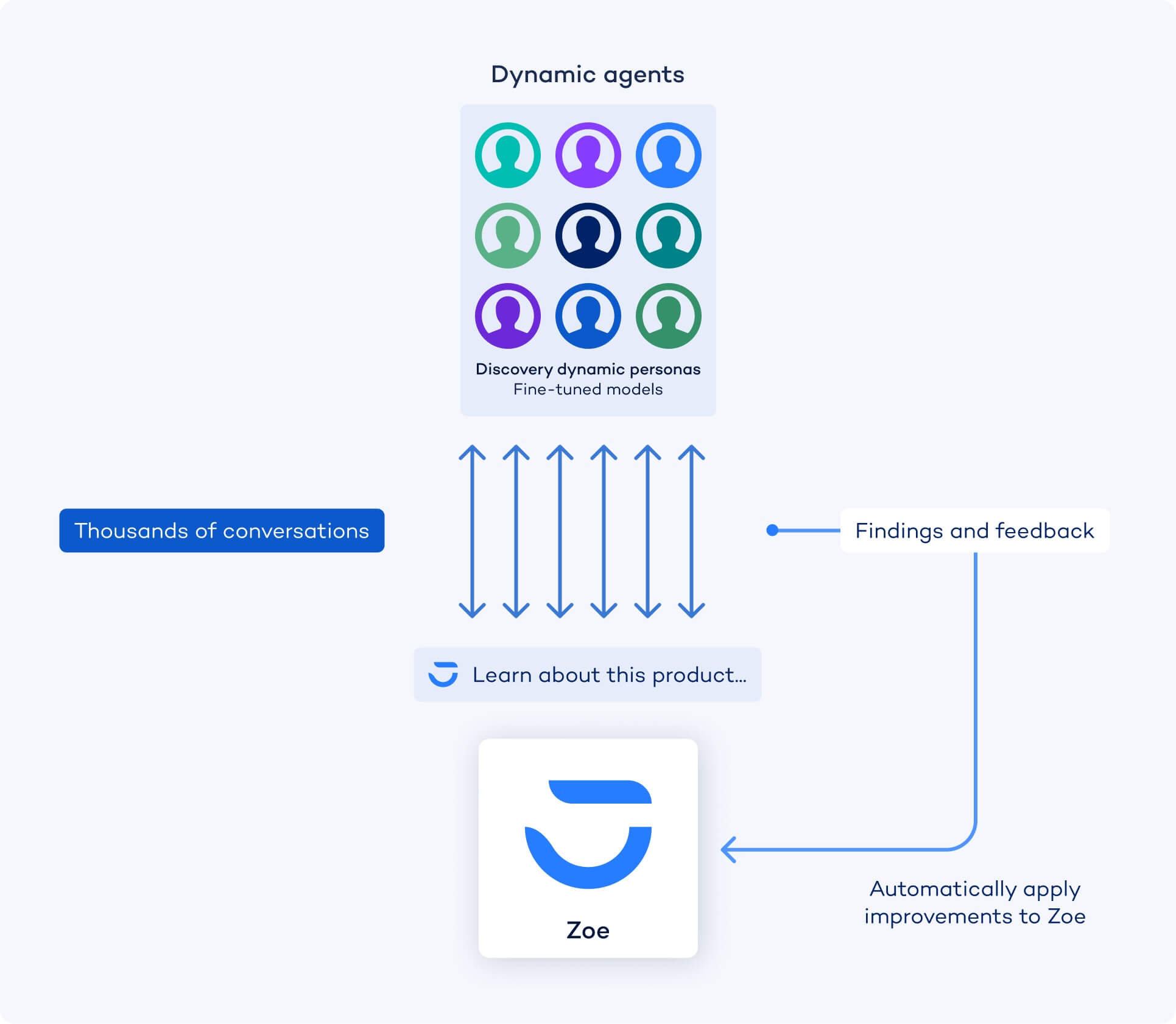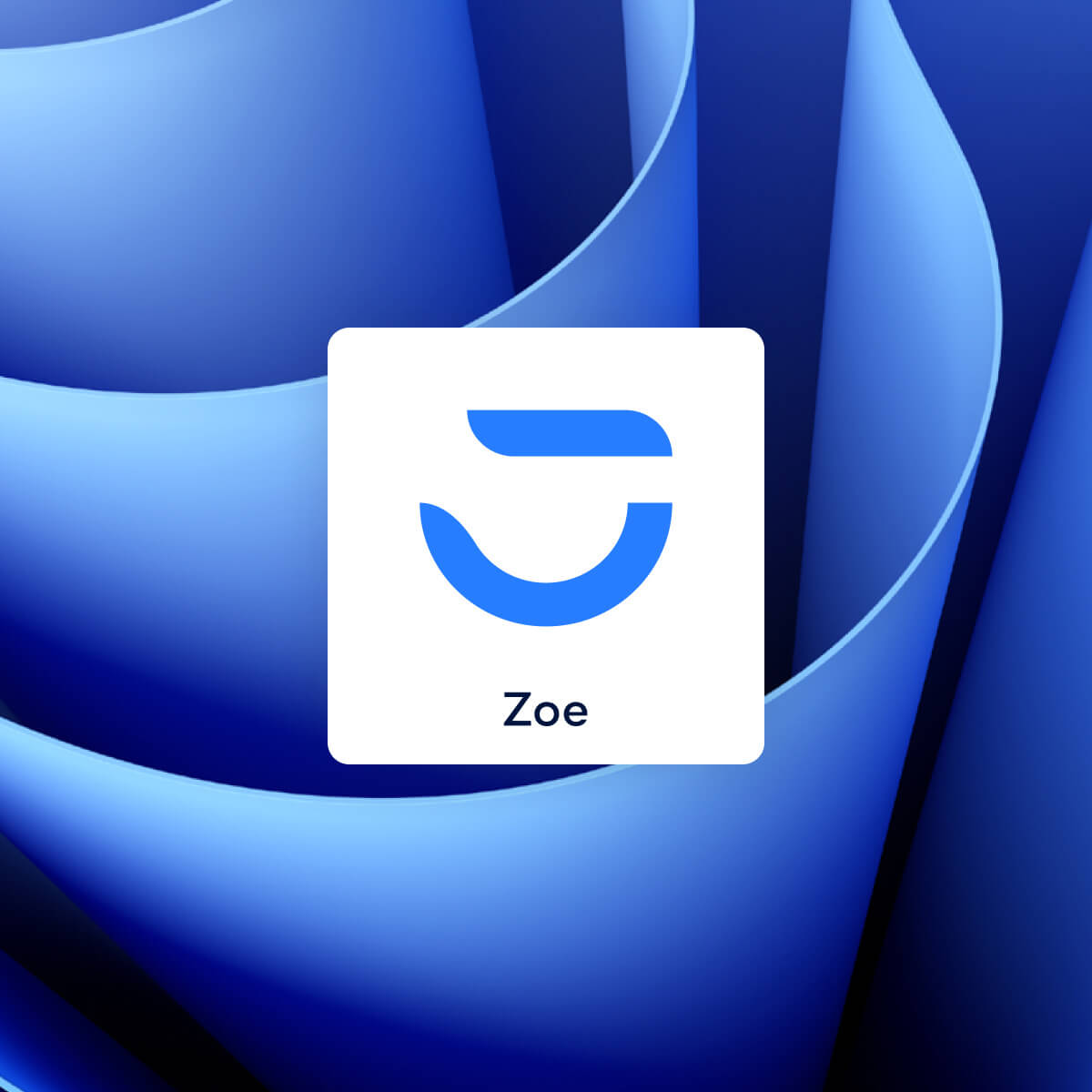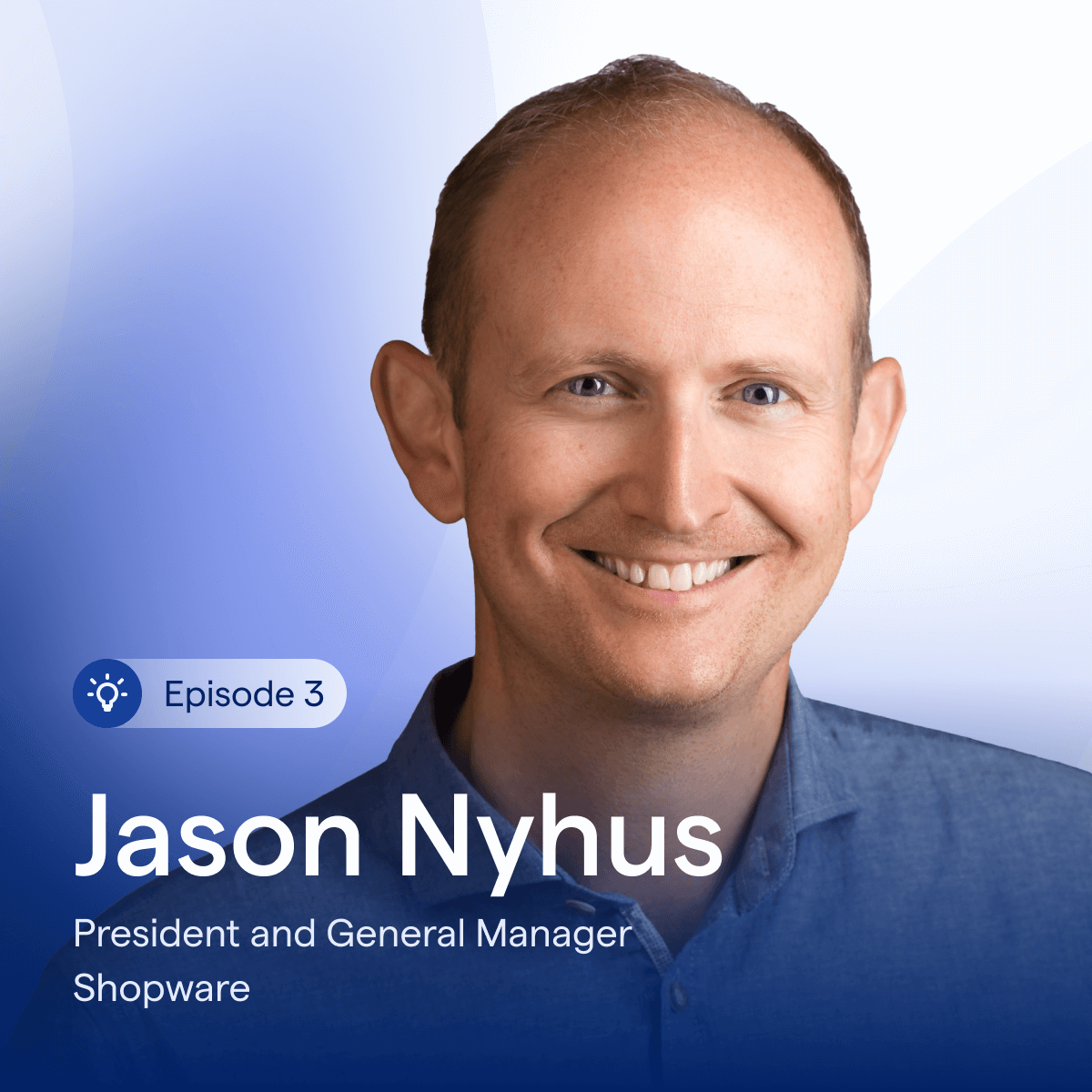Bridging the gap between human expertise and AI in ecommerce
When buying a product, consumers have questions—about features, specifications, and how the product aligns with their unique needs. In a physical store, the ideal sales associate is not only an expert in the product but also understands its use cases, comparative advantages, and how it fits a customer’s specific requirements. They provide clear, insightful, and personalized recommendations, striking a balance between informative guidance and empowering the consumer to make a confident purchase decision.
Yet, in the digital marketplace, this experience is often lost. Online shoppers are left to navigate endless product detail pages (PDPs), combing through technical specifications, marketing jargon, and scattered user reviews in search of answers. They may abandon the PDP and turn to search engines, only to be bombarded by ads and unreliable third-party content, falling victim to “Sturgeon’s Law”—the principle that 90% of easily accessible information is of low quality. The result? Frustration, uncertainty, and an increased likelihood of abandoning the purchase.
Introducing Zoe: A new era of AI-powered product discovery
This challenge is precisely why Zoovu developed Zoe—the Zoovu Ontology Expert. Zoe is designed to revolutionize PDPs, transforming them into dynamic, hyper-personalized experiences. Unlike conventional recommendation engines that rely on privacy-busting implicit tracking, Zoe engages users directly—learning about their needs through an interactive, transparent, and user-consented dialogue.
Rather than overwhelming a first-time laptop buyer with technical specifications like “LPDDR5X megahertz speeds,” Zoe tailors responses to their level of understanding, ensuring they receive relevant, digestible, and actionable insights. Conversely, a seasoned gamer configuring a high-performance rig will receive in-depth technical details suited to their expertise, rather than “enough memory for your everyday use.” Personalization should not be a one-size-fits-all approach — every consumer deserves an experience that respects their unique position, perspective, preferences and decision-making process.
The science behind personalized AI conversations
Zoovu launched Zoe globally in late 2023, partnering with leading brands and retailers to implement this AI-powered buying assistant. The impact in the last year-and-a-half has been profound:conversion rates on average have increased by over 20% when Zoe is involved, demonstrating that AI-driven personalization isn’t just an innovation; it’s a game-changer for ecommerce.
However, our vision extended beyond initial success. We asked ourselves: If Zoe were a human sales expert, how would they evolve over time? A real-world associate learns from countless conversations, adapting responses based on buyer behavior, cultural preferences, and product complexity. To replicate this, we developed a self-optimizing conversational AI model that continuously refines its responses based on real-world interactions.
By analyzing thousands of user interactions, we identified distinct categories of inquiries:
- Product-specific questions: “Does this have USB-C?”, “Will it fit in a 24-inch kitchen space?”
- Use-case inquiries: “Is this good for streaming?”, “Will this work well for a family of five?”
- Terminology clarifications: “What does NPU mean?”, “What is a kilowatt-hour?”
- Purchase-related queries: “What is the return policy?”, “Are there any promotions?”
- Irrelevant or non-product questions: “Who should I vote for?”, “How much wood could a woodchuck chuck?”
This granular understanding allows us to differentiate between transactional questions (requiring definitive answers) and exploratory questions (requiring educational responses). More importantly, it enables us to recognize patterns in how different buyer personas engage with the platform and what type of responses drive purchasing confidence.
Dynamic personas: Beyond traditional customer segmentation
Marketing professionals are familiar with buyer personas — archetypes representing customer segments. But traditional personas are static, subjective, and often fail to account for the fluidity of consumer behavior. With the power of LLMs, knowledge graphs, and retrieval-augmented generation (RAG) architectures, we eliminated human subjectivity and allowed AI to model personas dynamically.

By continuously learning from interactions, Zoe builds and refines dynamic personas specific to each retailer, analyzing:
- How different consumer segments ask questions
- What response styles resonate most with each group
- How engagement patterns evolve across geographies, demographics, and product categories
With this adaptive framework, Zoe doesn’t just answer questions — it learns, iterates, and optimizes in real-time.

And the winner is?
We know our clients appreciate innovation, but what they truly care about is results. This is what motivated me to write this post. As Thomas Edison once said, “the value of an idea lies in the using of it.” In this case, the using of this new training agent resulted in real, measurable improvements in an already well-performing Zoe. A further 25% increase in click-through rates, delivering measurable impact on both consumer satisfaction and business outcomes.
The future of AI in ecommerce
This journey is just the beginning. Key questions remain:
- Can an AI, fine-tuned for electronics, seamlessly transition to other product categories?
- Do dynamic personas reveal larger trends across industries and global markets?
- How much smarter can Zoe become with continuous refinement and reinforcement learning?
Stay tuned as we continue to explore these frontiers. Zoovu’s mission is clear: to bridge the gap between human expertise and AI, ensuring that every consumer —whether a novice buyer in the U.S. or a tech-savvy shopper in Thailand — gets the best possible experience.
A huge thank you to my brilliant team at Zoovu — your intelligence, commitment, and innovation make this journey incredibly rewarding. Special recognition to Marcin Korlaweski, the genius in the engine room, and James Ansell, the genius in the meeting room. I’m truly excited about what’s next!


